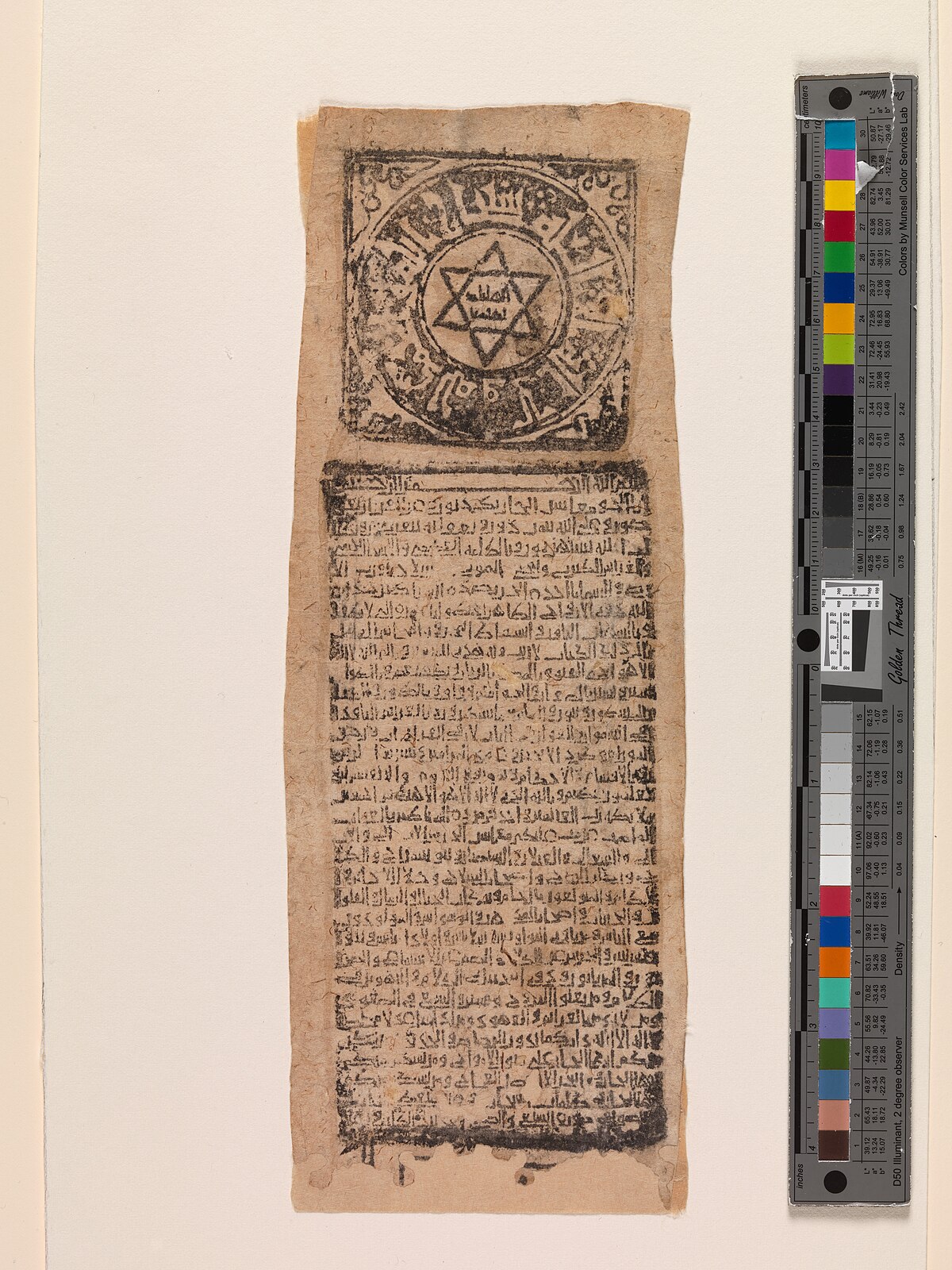Truthseeker
Non-debating member when I can help myself
Well, I prefer the Shoghi Effendi translation. Thsose hadiths, and there is more than one refer to the "last Prophet" or "last Messenger". My first impression was wrong. I did my own investigation, and I disagree with InvestigateTruth. Also when I think about it, if these two wods lok exactly the same in Arabic, you would have to be ambivalent about which transaltion to use. Then you see the hadiths with the references to "last prophet" and Shoghi Effendi seems to be right.
It is evident that every age in which a Manifestation of God hath lived is divinely ordained, and may, in a sense, be characterized as God’s appointed Day. This Day, however, is unique, and is to be distinguished from those that have preceded it. The designation “Seal of the Prophets” fully revealeth its high station. The Prophetic Cycle hath, verily, ended. The Eternal Truth is now come. He hath lifted up the Ensign of Power, and is now shedding upon the world the unclouded splendor of His Revelation.
Bahá’u’lláh, "Gleanings from the Writings of Bahá’u’lláh", 25
This passage doesn't have the same meaning unless it means the last of the Prophets. However, I wonder about the use of the word "Messenger" in that one hadith. As it is but one hadith, it is not a huge problem for me. I'm not sure what "Messenger" implies as opposed to "Prophet". It doesn't seem to be about prophesizing a future special Day of God only.
It is evident that every age in which a Manifestation of God hath lived is divinely ordained, and may, in a sense, be characterized as God’s appointed Day. This Day, however, is unique, and is to be distinguished from those that have preceded it. The designation “Seal of the Prophets” fully revealeth its high station. The Prophetic Cycle hath, verily, ended. The Eternal Truth is now come. He hath lifted up the Ensign of Power, and is now shedding upon the world the unclouded splendor of His Revelation.
Bahá’u’lláh, "Gleanings from the Writings of Bahá’u’lláh", 25
This passage doesn't have the same meaning unless it means the last of the Prophets. However, I wonder about the use of the word "Messenger" in that one hadith. As it is but one hadith, it is not a huge problem for me. I'm not sure what "Messenger" implies as opposed to "Prophet". It doesn't seem to be about prophesizing a future special Day of God only.


